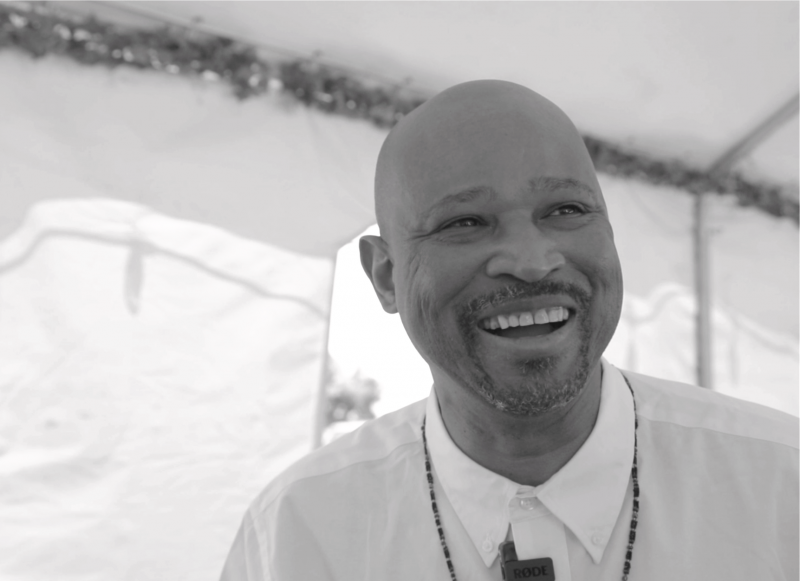Last year, Blout’s group helped secure $18 million in state funding for DAs in nine counties, including San Francisco, Santa Clara and Contra Costa, to help pay for the work of identifying and seeking the release of more eligible people in prison. She says the state could eventually save hundreds of millions of dollars through safe resentencing.
For the People also has successfully pushed to pass similar laws in Washington, Oregon and Illinois.
It’s a rare good-news, bipartisan story in a policy area that’s historically been marked by bitter disagreement. Democratic state leaders have been pushing criminal justice reform in California in earnest for about a decade, following a lawsuit over state prison crowding that eventually led the U.S. Supreme Court to order the state to reduce the number of people locked up. But most of those reforms remain unpopular among law enforcement officials and Republican leaders.
While this program sounds like a natural fit for progressive prosecutors already committed to reform, it’s notable that it’s also being embraced by some more traditionally law-and-order DA’s offices — like the one in Yolo County, just west of Sacramento.
Jonathan Raven, the county’s chief deputy district attorney, has worked in law enforcement for 25 years. A decade ago, when Raven started working in this office, “we viewed every case as a nail,” he said.
“And if you have a nail with the tool, you’re going to use a hammer. And we realize now that they’re all there, all sorts of other tools in the box that we can use to achieve justice.”
The new law, Raven said, allows his office both to reconsider sentences that may have been too long from the start and to revisit cases in which people have demonstrated they’ve had a true personal transformation in prison.
Raven said his office always works with an eye to public safety and ensuring victims’ voices are part of the resentencing conversation. His office has so far resentenced nine people through the program, most of whom were immediately released, he said.
“It’s real stories and real people and real lives. And the thing about sentencing someone to prison — it’s a lot of power that we have, and there’s such an effect on so many people,” he said. “So it’s extremely satisfying to see someone who has earned an early release, you know, get out early.”
In Alwin Smith’s case, he walked free in July. He’s now back in Riverside County, working at a Costco and interning at a church, where he helps provide meals and showers to the homeless, and speaks to middle school students about his story.
In the long term, Smith said, he just wants to continue to help others.
